Biodynamic farming is a mysterious beast, and many people in the agricultural world file it away as an old wives’ tale. However, there are a growing number of Oregon farmers—especially in the winegrowing community—who consider biodynamics to be the holistic path to healthy farms, a greener world and better products.
Though considered a recent movement in Oregon, biodynamic viticulture is nothing new. For thousands of years, farmers have made farming decisions based on the phases of the moon, stars and planets. These farming practices have been passed down by generations and refined to what we now call biodynamic farming.
As a documented farming technique, biodynamics only dates back about a century—to philosopher and social reformer, Rudolf Steiner. In 1928, Steiner began devising a farming philosophy that focused on natural biodiversity within a poly-culture (an isolated environment that lives off itself and is not influenced by outside elements). He highlighted the need to understand the ecological, energetic and spiritual aspects of farming. In the view of those who believe in and practice biodynamics, the farm is seen as a living organism with its own cycles, energies, and life forces.
Biodynamic farming is organic and does not incorporate the use of any pesticides or fertilizers. Harvest time, pruning and other crucial farming decisions are based on the cycles of the moon and planets—which is not the case in conventional organic farming. Another way in which biodynamics is different from organic farming is the use of “nine natural preparations.”
For one of these preparations, a spray is made out of crushed, powdered quartz. Powdered quartz is stuffed into a cow horn and buried in the ground during springtime. Come autumn, the horn is retrieved and its contents are mixed with more quartz powder and water—creating a liquid that will be sprayed over the vines during the rainy season to prevent fungal diseases.
Other preparations include the use of yarrow blossoms, chamomile, stinging nettle, oak bark, dandelion, valerian flowers, horsetail and cow manure. For a wine to be labeled “biodynamic,” it must meet the stringent standards of the internationally recognized certifying body, the Demeter Association, which includes the incorporation of all nine biodynamic preparations.
Doug Tunnel, proprietor and winemaker for Brick House Vineyards in Newberg, is one of a handful of highly acclaimed biodynamic producers using the method on his Chardonnay, Gamay noir and Pinot noir vines. Tunnel began farming organically in 1990, switching over to biodynamic in 2005. “It was really a very natural outgrowth—an extension of our commitment to farming in a particular way,” says Tunnel. He believes that there is convincing science supporting the theory that soils farmed biodynamically have greater microbial diversity than conventionally and organically farmed soils.
Rudy Marchesi, owner and winegrower at Montinore Estate in Forest Grove, began farming his vineyards biodynamically in 2003. “I wanted to see if we could improve the performance of a couple of vineyard blocks that, for no apparent reason, were not doing well,” says Marchesi. “We saw dramatic results the next spring, and were motivated to expand the practices to the whole farm.” Since then, Marchesi has implemented the farming philosophy into his entire vineyard—which grows Pinot gris, Riesling, Gewürztraminer, Muller Thurgau, Teroldego, Largein and Pinot noir.
The trend has taken on a life of its own with other notable Oregon producers like Soléna, Belle Pente, Bergström, Cowhorn, J. Christopher, Maysara, Beaux Frères and Scott Paul, with each winery making biodynamic winemaking an essential part of their farming practices.
So, how do the wines taste as a result of biodynamic farming? The jury is still out, and early opinions vary. “I believe biodynamic farming makes wines that are more transparent and true to their origins—to the legacy of the land in which they are grown. If its soils are well cared for and full of life, the farm’s vineyards or orchards will be healthy, too. Healthy plants, healthy fruit, healthy wines,” says Tunnel.
Katherine Cole, wine writer for The Oregonian, literally wrote the book on biodynamic viticulture in Oregon with her 2011 book, Voodoo Vintners (http://katherinecole.com/voodoo-vintners.html). In the book, she discusses the history of biodynamics and how and why it has taken root in Oregon. Cole isn’t entirely convinced that there is a marked difference in taste between biodynamically and straightforward organically grown wines. Cole does, however, recognize that her personal preferences for wines oftentimes lean toward the biodynamic variety during blind tastings.
She also notes that there is, in fact, scientific evidence pointing toward higher quality fruit through use of biodynamic preparations such as sprays. “Anecdotal evidence tells me that the biodynamic preparations, or preps, are effective, but until more rigorous studies have been conducted by academic researchers, I hesitate to wholeheartedly endorse them,” says Cole.
As biodynamic farming gains traction in winemaking, the back-to-basics mentality for which Oregon is becoming known, inherently grows. This trend—the artisan, local, additive-free lifestyle—is one to watch. Did our forefathers have all the tools we need to succeed? The soil, and of course the wine, will reveal the answer in time.

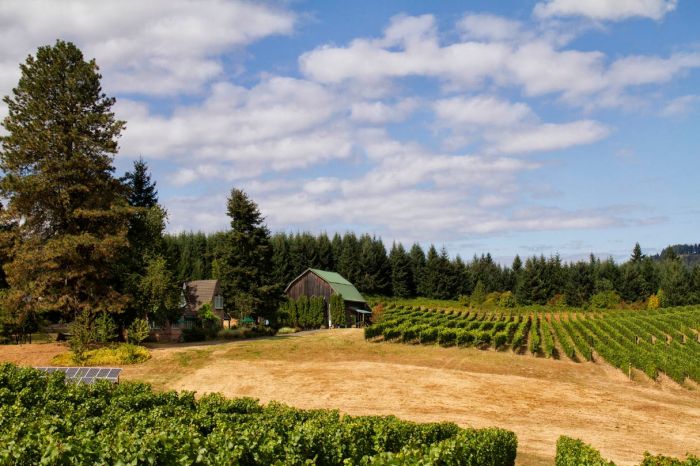
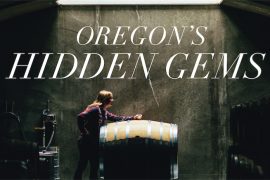
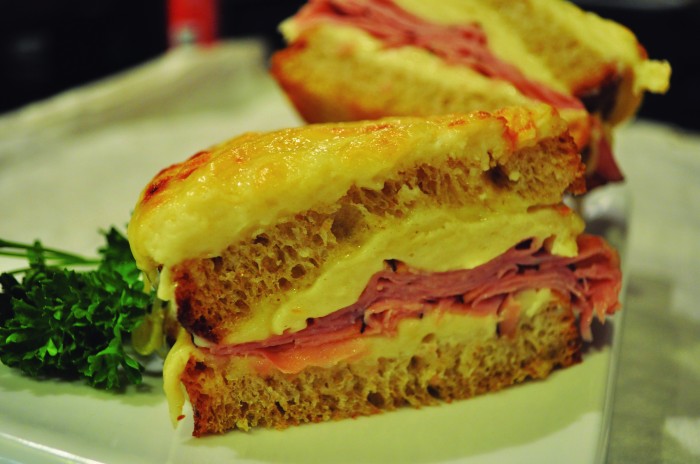
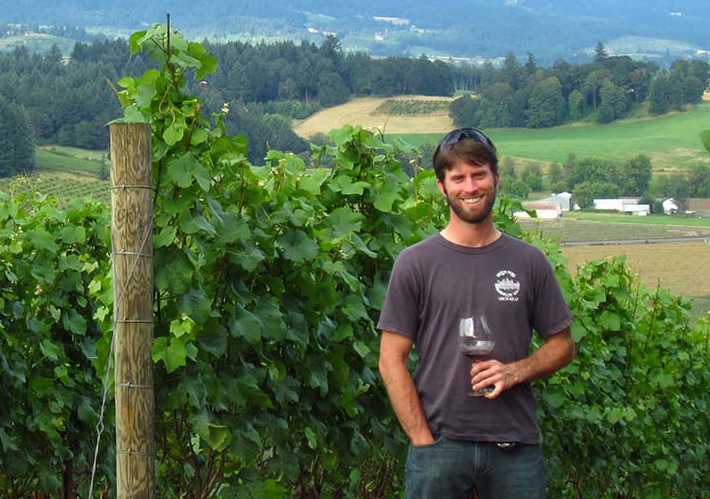
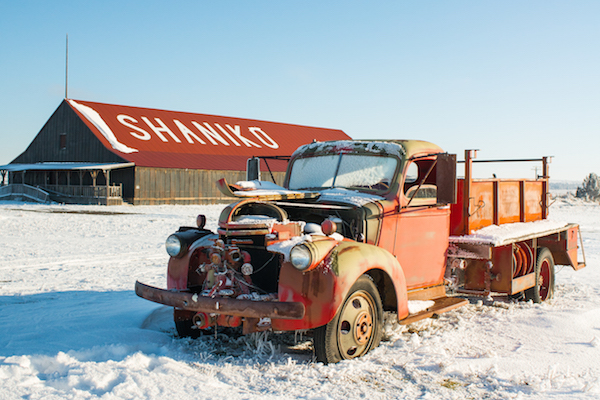



It is wonderful to read more arrivals on byiodynamic farming. This method of farming, a very gentle and enlivening approach to soil and plant treatment will not be co- opted by big bisness as the Organic industry has. The foods produced biodynamicly have more vitamins and minerals. The grapes are healthier the soil is alive. The wines, of course depending on your taste and the wine maker would naturally be better tasting. In the case of BRICK HOUSE and MONTINORE this is certainly the case
I am so grateful for the Doug Tunnels of the world, be they vintners or other growers. Whether or not the taste of their output is markedly different, their purposeful endeavors are putting an ethic into farming that had been fast disappearing. I applaud and support them, with both dollars and word of mouth!